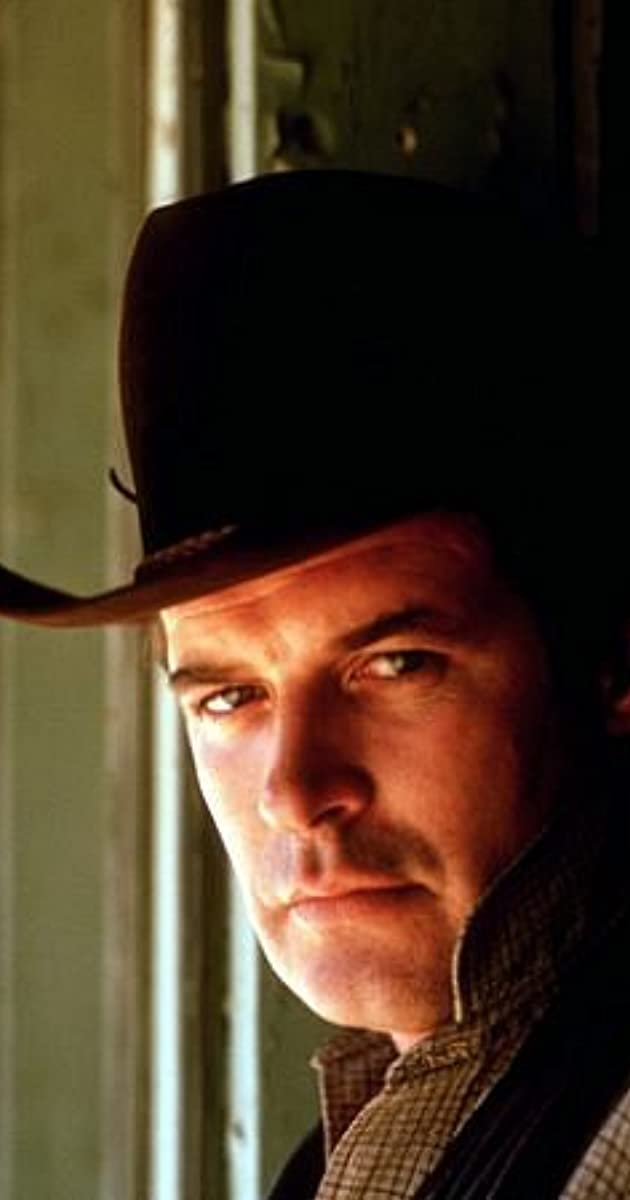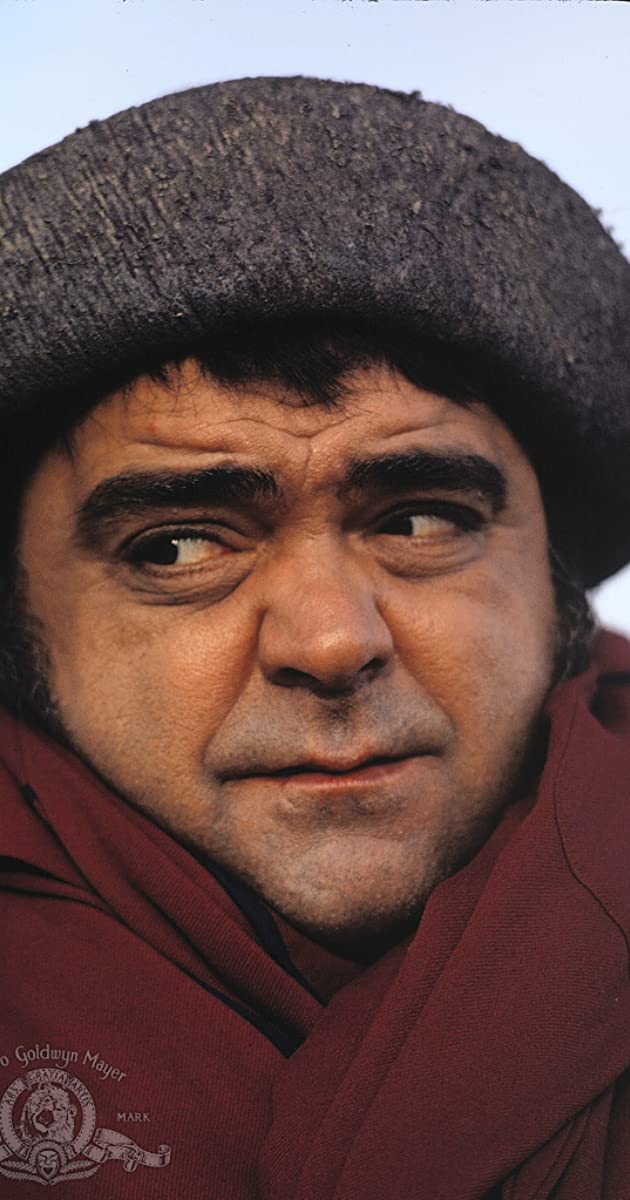
Breck was born Joseph Peter Breck, the son of a jazz musician also named Joseph (nicknamed “Jobie”). Over time, his father worked with such legendary greats as Fats Waller, Bix Beiderbecke, Paul Whiteman and Billie Holiday. Nicknamed “Buddy” while young, Peter’s parents were on the road for much of his early life and he was sent to live with his grandparents in Haverhill, Massachusetts (suburban Boston), a move that provided more stability.
His parents eventually divorced and young Peter returned to Rochester to live with his mother and her new husband, Al Weber, who was a sports editor of the Rochester Times-Union. Following his schooling at John Marshall High School in Rochester, Peter served in the United States Navy. He then turned his attention back to education and studied English and drama at the University of Houston in Houston. While performing in college plays, he started to apprentice at Houston’s Alley Theatre, where he appeared in such productions as “Stalag 17”, among others. He had a talent for singing and performed in several clubs in and around the Houston area.
Breck extended his stage resume at Washington D.C.’s Arena Theatre. While performing there in a 1957 production of George Bernard Shaw’s “The Man of Destiny”, he was “discovered” by Robert Mitchum, who cast him in an unbilled role in the film Thunder Road (1958), which Mitchum himself produced, co-wrote and starred in. Mitchum invited the young tenderfoot to Los Angeles and helped set him up out there. While Breck struggled trying to establish himself in films (he played a juvenile delinquent in the movie The Beatniks (1960)), it seemed that rugged TV roles came easier to him. He found his first series lead as “Clay Culhane” in the western Black Saddle (1959), the story of a gunfighter (Breck) who switches guns for law books and tries to tame the West through reason. Co-starring Russell Johnson (later the “Professor” on Gilligan’s Island (1964)), who plays a suspicious U.S. Marshal, the series was canceled after two seasons.
A Warner Brothers studio contract, however, did come out of this-and a new visibility. Tall, dark and handsome at 6’2″, Breck guest-starred on all the top Warner Bros. TV shows of the day: Tenderfoot (1957), Surfside 6 (1960), Bronco (1958), Hawaiian Eye (1959), 77 Sunset Strip (1958), Cheyenne (1955) and played a recurring “Doc Holliday” in the popular series Maverick (1957). He returned to the movies as well, but this time in stronger leads or co-leads. Handed a choice co-starring assignment in Portrait of a Mobster (1961) opposite star Vic Morrow, who played the infamous “Dutch Schultz”, Peter also managed to show a rare, gentler side in the outdoor family drama Lad: A Dog (1962).
He left Warners after only a few years but managed to score the leads in two low-budget cult thrillers in its wake: Shock Corridor (1963)_ and The Crawling Hand (1963), along with a very dismal lead in the musical outing Hootenanny Hoot (1963), in which he was given no songs to perform despite his singing capabilities. Again, TV came to the rescue when he won the brotherly co-lead on The Big Valley (1965). Despite a uniformly strong ensemble cast that included oldest brother Richard Long, younger brother Lee Majors and sister Linda Evans, Stanwyck was the only performer on the show who was nominated for an Emmy during its four-season run; she was nominated twice and won once.
Following this TV peak, Breck abruptly left Hollywood and focused on the theater both in the U.S. and Canada throughout the 1970s, appearing in such showcase vehicles as “The Gazebo”, “A Thousand Clowns”, “The Rainmaker” and “Mister Roberts”. Married to former dancer Diana Bourne since 1960, the couple settled in Vancouver, Canada, with their son Christopher, where Breck checked out the film scene. He also set up a full-time acting academy school, The Breck Academy, which ran for ten years. Tragically, it was during this time that their son, Christopher, was diagnosed with acute myeloid leukemia and died (two years later).
Breck decided to lay back following this traumatic period, but still manages to perform in films and TV from time to time. As he grew older, he joined the cast of some very offbeat “B” films: Terminal City Ricochet (1990) and and Highway 61 (1991). His more recent “B” movies included Decoy (1995), Enemy Action (1999) and Jiminy Glick in Lalawood (2004). He also wrote a western column and showed up occasionally at nostalgia conventions before his death.


